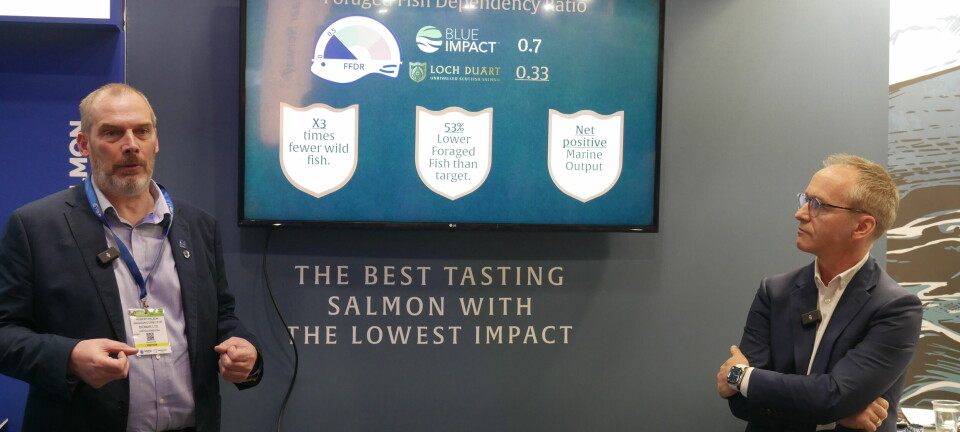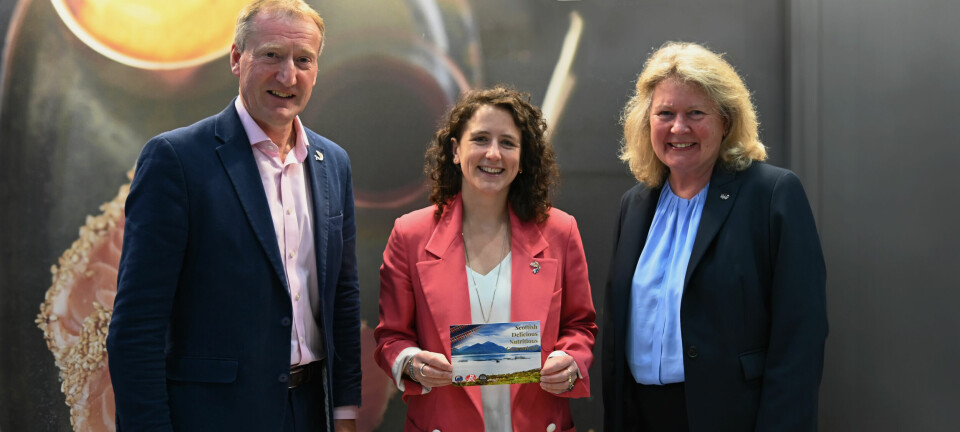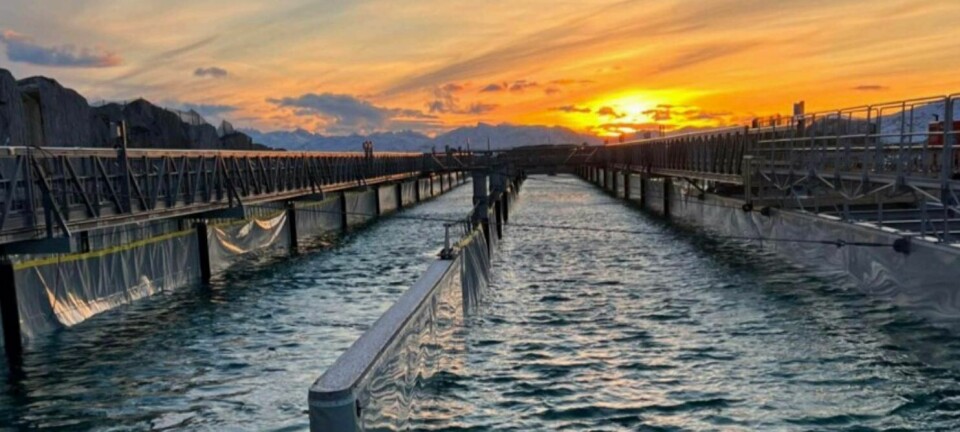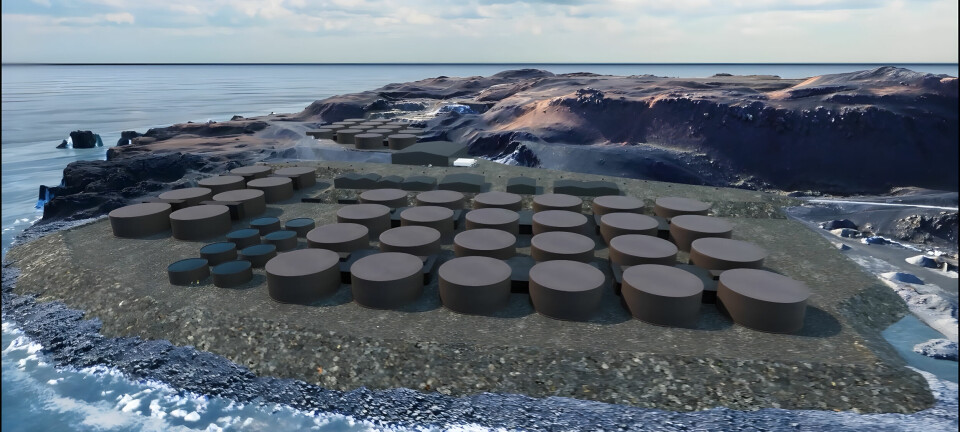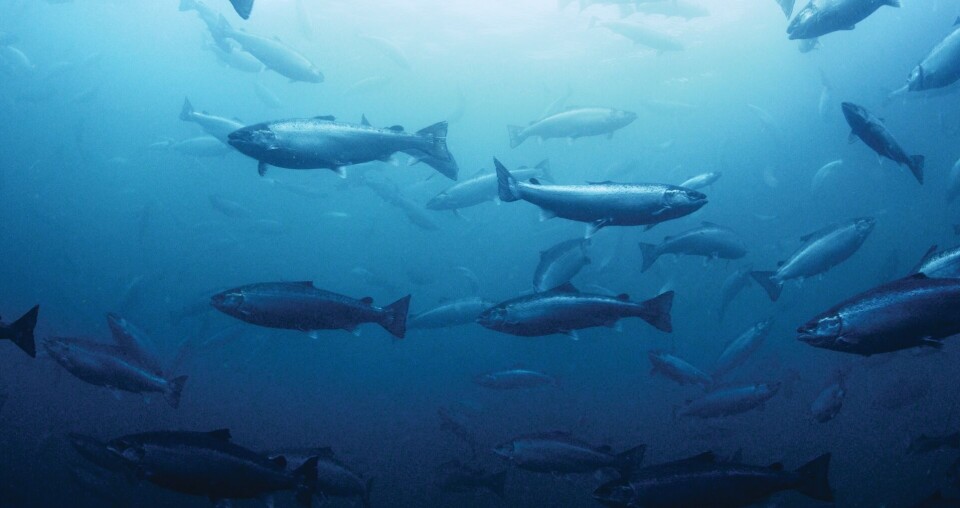
Experts outline aquaculture’s progress
Details of how aquaculture is continuing to realise improved environmental and economic sustainability based on increased efficiency of production have been presented in collection of essays.
The essays are written by individuals who have “significantly contributed to important advances and witnessed the positive changes that have resulted”, and feature in a review article in the Journal of the World Aquaculture Society (WAS).
The article, “Achieving sustainable aquaculture: Historical and current perspectives and future needs and challenges”, was developed to honour the 50th anniversary of the WAS.
Reduced footprint
According to the abstract of the article, aquaculture continues to reduce its carbon footprint through reduced greenhouse gas emissions.
Reduced use of freshwater and land resources per unit of production, improved feed management practices as well as increased knowledge of nutrient requirements, effective feed ingredients and additives, domestication of species, and new farming practices are now being applied or evaluated.
Successful expansion into culture of marine species, both off and on shore, offers the potential of substantial increases in sustainable intensive aquaculture production which, combined with integrative efforts to increase efficiency, will principally contribute to satisfying the increasing global demand for protein and food security needs.
Use of feed additives
Essays include The Operational Concept of Sustainability by Lorenzo M Juarez of Global Blue Technologies, Rockport, Texas; The Role of Mechanical Aeration and Water Circulation in the Intensification of Sustainable Aquaculture by Claude E Boyd of Auburn University’s School of Fisheries, Aquaculture and Aquatic Sciences, Alabama; Sustainable Feeds and Responsible Feed Management by Albert G Tacon of AquaHana LLC, Kailua, Hawaii; and Beyond Just Nutrient Supply: Perspectives on the Use of Feed Additives as Contributors to Sustainable Aquaculture by David Huyben and Brett Glencross of the University of Stirling’s Institute of Aquaculture. Huyben is now attached to Guelf University in Canada.
Juarez also writes about Prospects of Offshore Marine Fish Aquaculture as a Vital Contributor to Sustainable Aquaculture and Global Food Security, and the roles of both domestication to help enhance production and integrated production systems are examined in other essays.
Read the open access article here.
